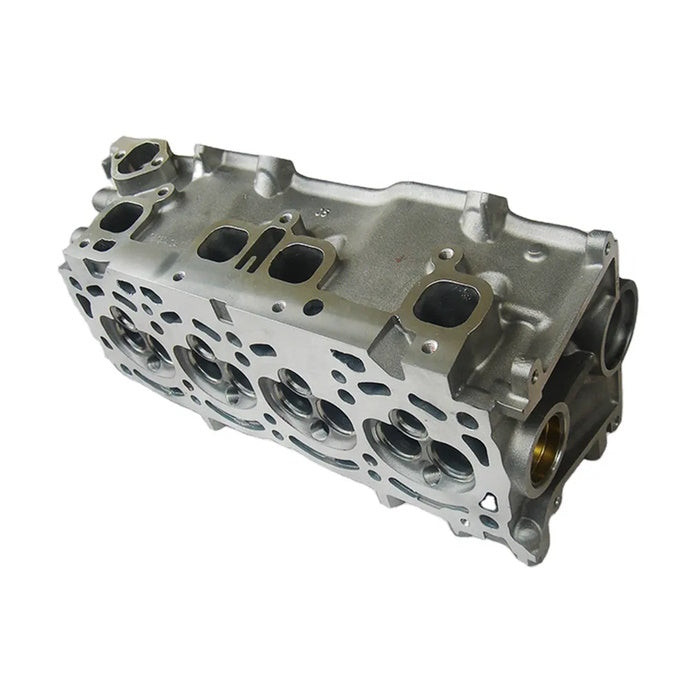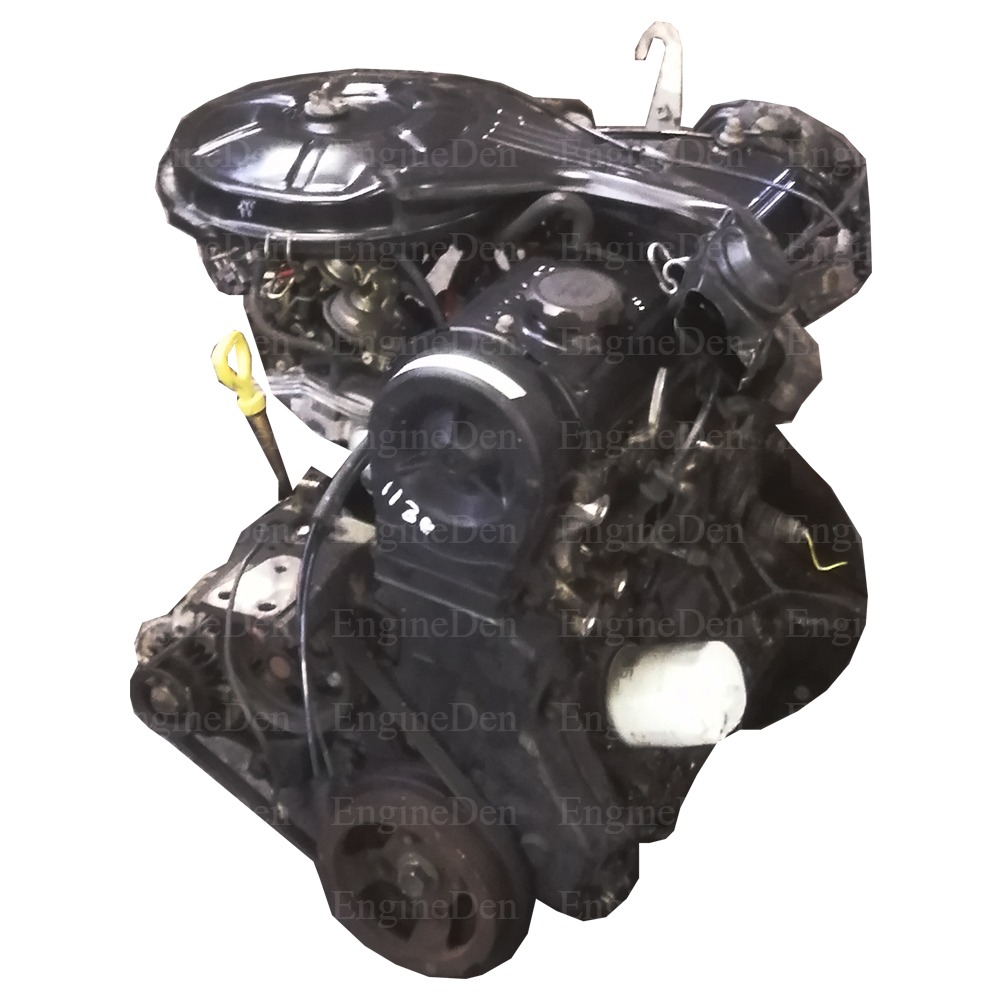Toyota Tazz: Why It Continues to Be a Trusted Vehicle for Daily Commuting
Toyota Tazz: Why It Continues to Be a Trusted Vehicle for Daily Commuting
Blog Article
Check Out the most up to date Fads in Engine Innovation With Tazz
In the rapidly evolving landscape of automobile innovation, Tazz stands at the forefront, highlighting considerable innovations in engine systems that prioritize both technology and sustainability. tazz. From hybrid engines that maximize fuel effectiveness to the emergence of hydrogen gas cells, the patterns shaping modern-day powertrains are not only boosting efficiency yet likewise attending to crucial environmental difficulties. As the sector remains to press borders, it is necessary to consider exactly how these developments will affect future transportation services and the broader implications for global energy intake. What exists in advance in this pivotal improvement?
Crossbreed Engine Innovations
Hybrid engine technologies stand for a crucial shift in auto modern technology, integrating the advantages of internal burning engines with electrical propulsion systems. This assimilation not only improves fuel performance however additionally minimizes discharges, conference increasingly stringent ecological laws. By using both power sources, hybrid engines can maximize efficiency, supplying power when needed while saving fuel during less requiring motoring conditions.
Current advancements in crossbreed modern technology consist of enhancements in battery performance and regenerative stopping systems. These developments permit higher energy recuperation throughout slowdown, which can be redirected to assist in acceleration or power auxiliary systems. Producers are concentrating on light-weight materials and portable layouts to optimize the performance of crossbreed powertrains.
The advancement of plug-in hybrids has also broadened the market, enabling motorists to bill their vehicles making use of basic electric outlets. This function commonly permits substantial all-electric range, additional lowering dependence on traditional gas. tazz. As the automobile market remains to develop, hybrid engine technologies are anticipated to play a critical function in bridging the space in between standard vehicles and totally electrical models, giving a transitional solution that accommodates varied customer requirements and preferences
Advances in Electric Powertrains
The automobile landscape is swiftly evolving, with electrical powertrains arising as a leading force in sustainable transportation. Advancements in electrical vehicle (EV) modern technology are dramatically boosting efficiency, performance, and user experience. Trick technologies consist of renovations in battery chemistry, which have boosted power density, lowered billing times, and expanded overall battery life.
Solid-state batteries, as an example, guarantee to reinvent the marketplace by providing higher safety and security and performance compared to typical lithium-ion cells. Moreover, innovations in regenerative braking systems are making it possible for automobiles to recover energy during slowdown, adding to total performance.
Along with battery modern technology, electrical motor layouts are ending up being more advanced. Advancements such as integrated electric motors and advanced thermal monitoring systems are assisting to optimize power shipment and reduce weight, eventually boosting automobile dynamics.

Jointly, these developments highlight the commitment to change in the direction of cleaner, more effective transport services, positioning electrical powertrains at the leading edge of automotive development.
The Rise of Hydrogen Fuel Cells
Progressively, hydrogen gas cells are obtaining traction as a sensible alternative to standard inner burning engines and battery electrical lorries. This innovation utilizes the chemical power saved in hydrogen, transforming it right into electrical power through an electrochemical reaction with oxygen. The primary by-product of this procedure is water, making hydrogen fuel cells an eco-friendly alternative with zero discharges at the tailpipe.

Automakers are significantly buying hydrogen gas cell technology, acknowledging its capacity for long-range applications and fast refueling abilities that equal traditional gas. Additionally, industries such as sturdy transportation and public transit are particularly well-suited for hydrogen fuel cells, where battery useful link electric solutions may fail because of weight and range constraints.
As research study and financial investment remain to increase, hydrogen gas cells are positioned to play a substantial role in the future landscape of tidy transport and energy options.
Enhancements in Internal Burning Engines
Developments in interior combustion engine (ICE) modern technology are transforming traditional lorries to fulfill modern-day ecological criteria and efficiency expectations. Straight gas shot, for instance, enables for much better atomization of gas, leading to even more complete burning and enhanced power outcome.
In addition, turbocharging has gotten importance, permitting smaller engines to supply higher efficiency without the weight of bigger engines - tazz. This modern technology not only boosts performance yet additionally site link contributes to reduce fuel consumption. Variable valve timing systems are also being refined, making it possible for engines to adapt to different driving problems for boosted torque and responsiveness
Moreover, making use of lightweight materials in engine building and construction is ending up being standard, further boosting gas efficiency by decreasing total lorry weight. Engine control devices (ECUs) are progressively innovative, making it possible for real-time adjustments that enhance performance and exhausts.
These improvements jointly indicate a crucial shift in ICE innovation, lining up with worldwide sustainability objectives while still giving the performance motorists get out of their automobiles. As the market develops, these improvements proceed to form the future of conventional automobile design.
Future Trends in Engine Effectiveness
Considerable advancements in engine effectiveness are expected as suppliers concentrate on incorporating innovative modern technologies to satisfy rigorous environmental laws and customer demands. The change towards electrification, hybrid systems, and alternative fuels is reshaping the auto landscape, driving innovations that enhance fuel economy and decrease emissions.
One of the crucial patterns is the implementation of innovative products and manufacturing techniques. High-strength alloys and lightweight composites add to lowered vehicle weight, thus boosting overall efficiency. Furthermore, the adoption of turbocharging and variable valve timing technologies permits improved power result from smaller sized engines, better enhancing gas economic climate.

Final Thought
Innovations in hybrid engine systems, electric powertrains, and hydrogen fuel cells demonstrate a dedication to lowering discharges while boosting performance. Improvements in internal burning engines and an emphasis on lightweight materials add to overall engine effectiveness.
From crossbreed engines that maximize fuel performance to the appearance of hydrogen gas cells, the fads shaping modern powertrains are not only improving efficiency but additionally resolving vital environmental challenges.Hybrid engine technologies stand for an essential shift in auto innovation, combining the benefits of inner burning engines with electrical propulsion systems.Additionally, turbocharging has actually acquired prestige, enabling smaller engines to deliver higher performance without the weight of bigger engines. Additionally, the fostering of turbocharging and variable shutoff timing innovations enables for improved power result from smaller sized engines, additionally enhancing fuel economy.
Improvements in inner burning engines and an emphasis on lightweight materials add to general engine performance.
Report this page